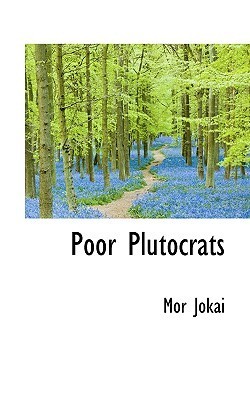What do you think?
Rate this book


414 pages, Paperback
Published November 4, 2009
"I don't want to learn. I mean to know everything without learning it. I say, grandpa, if you've lots of money, you will know everything at once without learning it, won't you?"
The old man looked around him triumphantly.
"Now, that I call genius wit!" cried he.
And with that he tenderly pressed the little urchin's head to his breast and murmured: "Ah! he is my very grandson, my own flesh and blood."